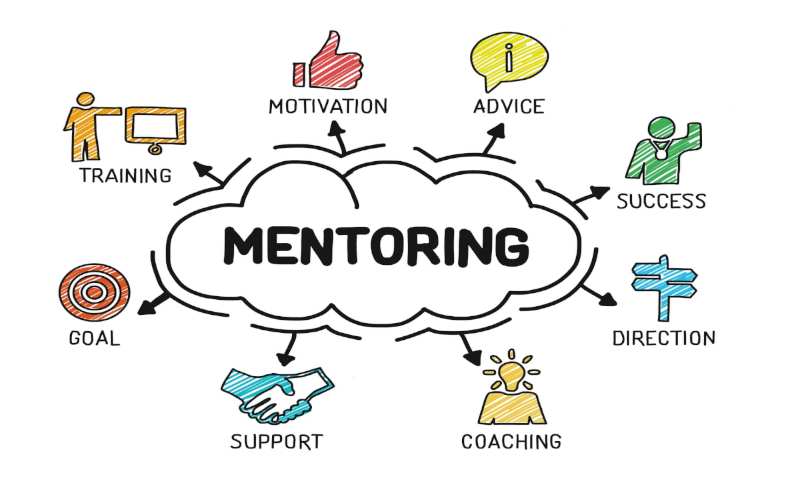
Mpwapwa
INTRODUCTION Mentorship can be a valuable tool for professional development for college math tutors. By working closely with an experienced mentor, tutors can gain insights into effective teaching strategies, learn how to manage challenging student interactions, and receive feedback on their own teaching practices. Additionally, mentorship can provide opportunities for tutors to network with other professionals in their field and gain exposure to new ideas and approaches. Overall, mentorship can help college math tutors grow both personally and professionally.Here are some steps to follow for effective mentorship of mathematics tutors:1. Establish clear goals: Work with the tutor to identify specific goals for the mentorship program, such as improving teaching strategies or enhancing student engagement.2. Build a relationship: Invest time in building a positive relationship with the tutor. This can include regular check-ins, open communication, and active listening.3. Provide guidance and feedback: Offer constructive feedback and guidance on teaching practices, lesson planning, and student engagement. Encourage the tutor to reflect on their own teaching practices and identify areas for improvement.4. Encourage self-reflection: Encourage the tutor to reflect on their own teaching practices and identify areas for improvement. Provide opportunities for the tutor to observe other experienced tutors or teachers to gain new insights.5. Support professional growth: Provide opportunities for the tutor to attend professional development workshops or conferences. Encourage them to network with other professionals in their field and share experiences and ideas.6. Evaluate progress: Regularly evaluate progress towards the established goals and adjust the mentorship program as needed. Celebrate successes and provide support as needed to overcome challenges. 7. By following these steps, you can create an effective mentorship program that supports the growth and development of mathematics tutors.
More detailsPublished - Sat, 15 Jul 2023
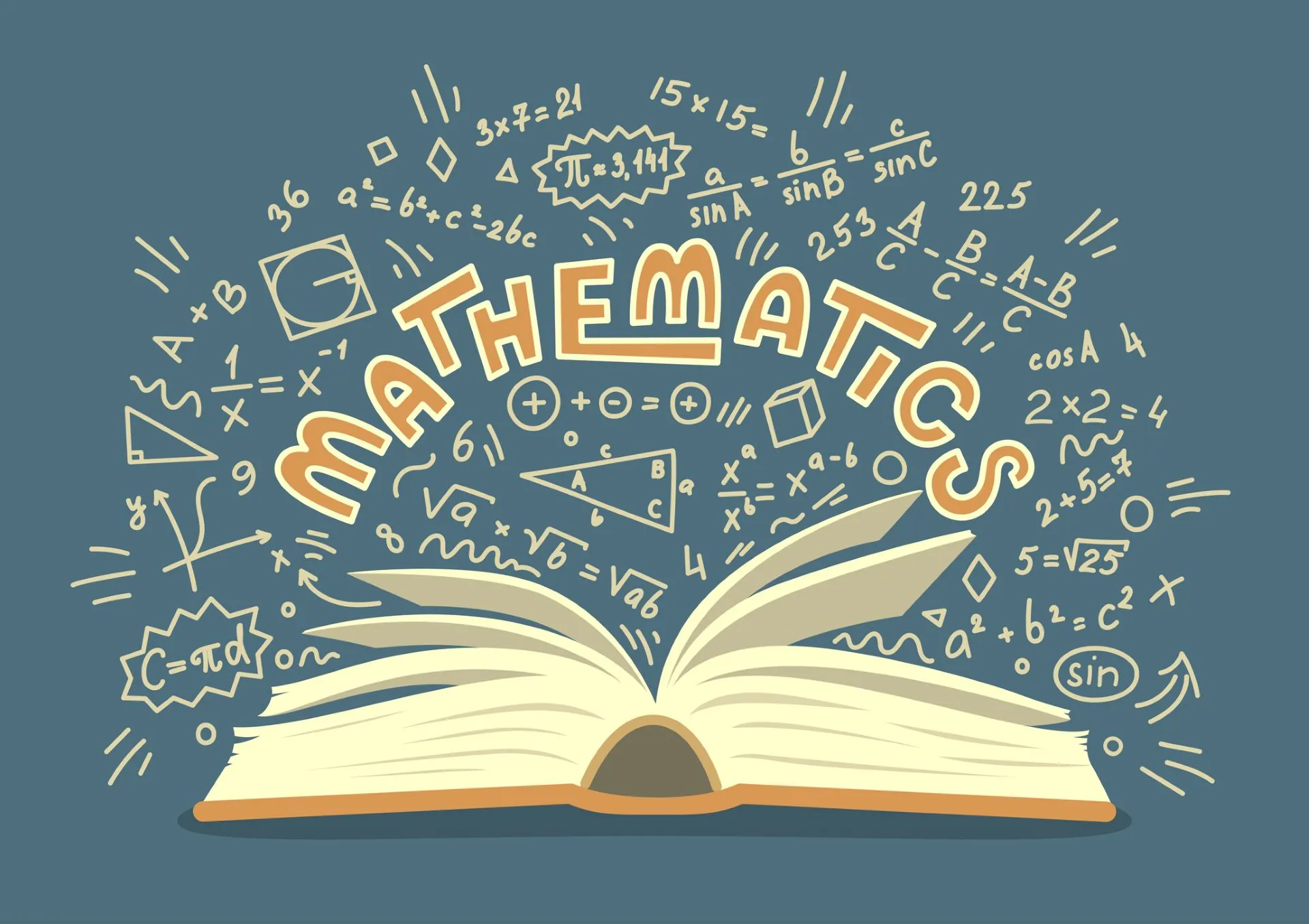
Lesson study College based professional development
Lesson study is a collaborative and iterative process in which a group of teachers work together to plan, observe, analyze, and refine a single lesson. The goal is to improve student learning by refining teaching practices through ongoing reflection and inquiry. This process typically involves a team of teachers observing one another's instruction, collecting data on student learning, and reflecting on the effectiveness of their teaching strategies.1. To conduct a lesson study, you can follow these general steps:1. Form a team of teachers who are interested in working collaboratively to improve teaching practices.2. Choose a lesson or unit of study to focus on.3. Plan the lesson together, using research-based strategies and considering the needs of all students.4. One teacher teaches the lesson while the others observe and collect data on student learning.5 The team meets to analyze the data and reflect on the effectiveness of the lesson.6. Based on their analysis, the team revises and refines the lesson plan.7. The revised lesson is taught again by one of the teachers, and the process repeats until the team is satisfied with the results.Throughout the process, it's important to maintain open communication and a spirit of collaboration among all team members. The goal is to improve teaching practices and student learning through ongoing reflection and inquiry.
More detailsPublished - Sat, 15 Jul 2023
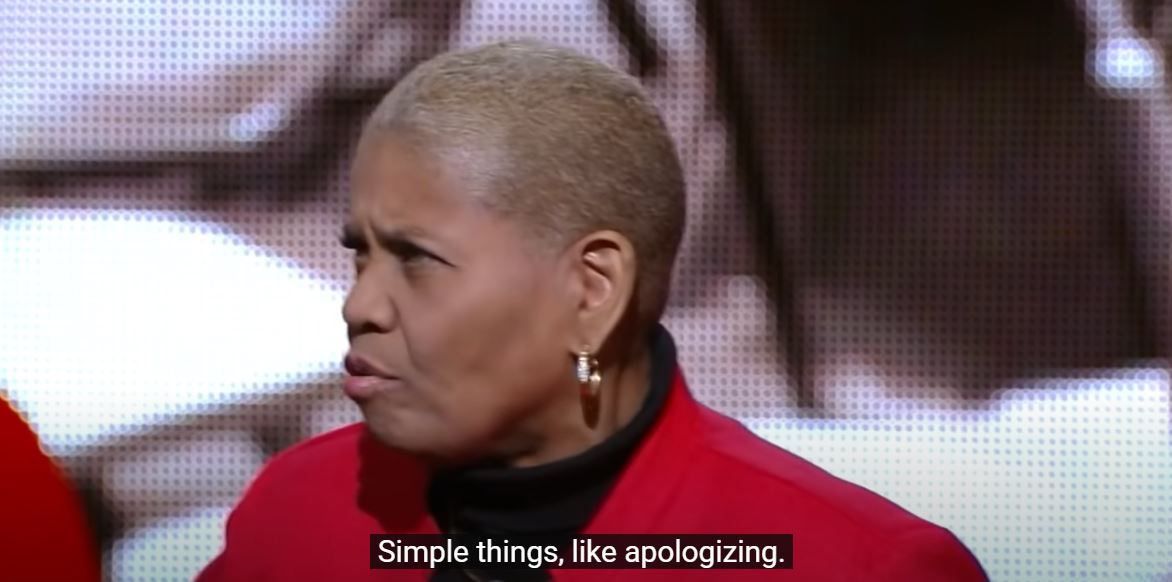
Created by - Math Centre
Rita Pierson: Every kid needs a champion (TED in May 2013)
Rita Pierson: Every kid needs a championI have spent my entire life either at the schoolhouse, on the way to the schoolhouse, or talking about what happens in the schoolhouse. Both my parents were educators, my maternal grandparents were educators, and for the past 40 years I've done the same thing. And so, needless to say, over those years I've had a chance to look at education reform from a lot of perspectives. Some of those reforms have been good. Some of them have been not so good. And we know why kids drop out. We know why kids don't learn. It's either poverty, low attendance, negative peer influences. We know why. But one of the things that we never discuss or we rarely discuss is the value and importance of human connection, relationships. James Comer says that no significant learning can occur without a significant relationship. George Washington Carver says all learning is understanding relationships. Everyone in this room has been affected by a teacher or an adult. For years, I have watched people teach. I have looked at the best and I've look at some of the worst. A colleague said to me one time, "They don't pay me to like the kids. They pay me to teach a lesson. The kids should learn it. I should teach it. They should learn it. Case closed." Well, I said to her, "You know, kids don't learn from people they don't like." (Laughter) (Applause) She said, "That's just a bunch of hooey." And I said to her, "Well, your year is going to be long and arduous, dear." Needless to say it was. Some people think that you can either have it in you to build a relationship or you don't. I think Stephen Covey had the right idea. He said you ought to just throw in a few simple things, like seeking first to understand as opposed to being understood, simple things like apologizing. You ever thought about that? Tell a kid you're sorry, they're in shock. I taught a lesson once on ratios. I'm not real good with math, but I was working on it. And I got back and looked at that teacher edition. I'd taught the whole lesson wrong. (Laughter) So I came back to class the next day, and I said, "Look, guys, I need to apologize. I taught the whole lesson wrong. I'm so sorry." They said, "That's okay, Ms. Pierson. You were so excited, we just let you go." (Laughter) (Applause) I have had classes that were so low, so academically deficient that I cried. I wondered, how am I going to take this group in nine months from where they are to where they need to be? And it was difficult. It was awfully hard. How do I raise the self-esteem of a child and his academic achievement at the same time? One year I came up with a bright idea. I told all my students, "You were chosen to be in my class because I am the best teacher and you are the best students, they put us all together so we could show everybody else how to do it." One of the students said, "Really?" (Laughter) I said, "Really. We have to show the other classes how to do it, so when we walk down the hall, people will notice us, so you can't make noise. You just have to strut." And I gave them a saying to say: "I am somebody. I was somebody when I came. I'll be a better somebody when I leave. I am powerful, and I am strong. I deserve the education that I get here. I have things to do, people to impress, and places to go." And they said, "Yeah!" You say it long enough, it starts to be a part of you. And so — (Applause) I gave a quiz, 20 questions. A student missed 18. I put a "+2" on his paper and a big smiley face. He said, "Ms. Pierson, is this an F?" I said, "Yes." He said, "Then why'd you put a smiley face?" I said, "Because you're on a roll. You got two right. You didn't miss them all." I said, "And when we review this, won't you do better?" He said, "Yes, ma'am, I can do better." You see, "-18" sucks all the life out of you. "+2" said, "I ain't all bad." (Laughter) (Applause) For years I watched my mother take the time at recess to review, go on home visits in the afternoon, buy combs and brushes and peanut butter and crackers to put in her desk drawer for kids that needed to eat, and a washcloth and some soap for the kids who didn't smell so good. See, it's hard to teach kids who stink. And kids can be cruel. And so she kept those things in her desk, and years later, after she retired, I watched some of those same kids come through and say to her, "You know, Ms. Walker, you made a difference in my life. You made it work for me. You made me feel like I was somebody, when I knew, at the bottom, I wasn't. And I want you to just see what I've become."And when my mama died two years ago at 92, there were so many former students at her funeral, it brought tears to my eyes, not because she was gone, but because she left a legacy of relationships that could never disappear. Can we stand to have more relationships? Absolutely. Will you like all your children? Of course not. And you know your toughest kids are never absent. (Laughter) Never. You won't like them all, and the tough ones show up for a reason. It's the connection. It's the relationships. And while you won't like them all, the key is, they can never, ever know it. So teachers become great actors and great actresses, and we come to work when we don't feel like it, and we're listening to policy that doesn't make sense, and we teach anyway. We teach anyway, because that's what we do. Teaching and learning should bring joy. How powerful would our world be if we had kids who were not afraid to take risks, who were not afraid to think, and who had a champion Every child deserves a champion, an adult who will never give up on them, who understands the power of connection, and insists that they become the best that they can possibly be. Is this job tough? You betcha. Oh God, you betcha. But it is not impossible. We can do this. We're educators. We're born to make a difference. Thank you so much.
More detailsPublished - Mon, 24 Jul 2023
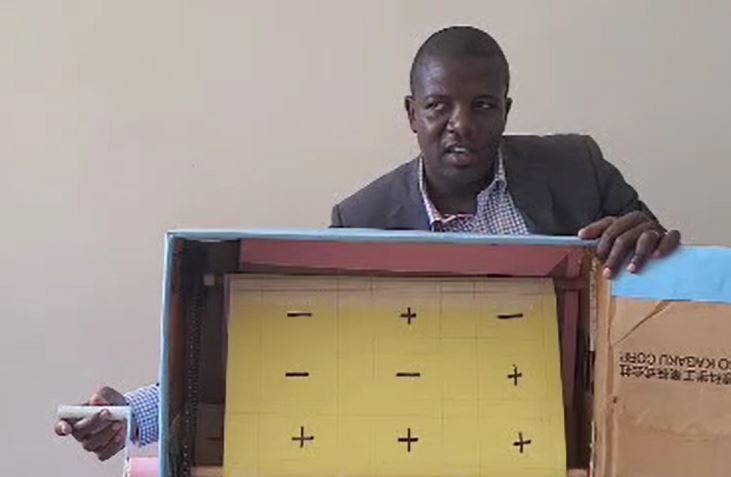
Created by - Math Centre
ZANA ZA KUFUNDISHIA HASI NA CHANYA
Zana za kufundishia ni vifaa au rasilimali ambazo hutumiwa na walimu au wanafunzi kusaidia katika mchakato wa kufundisha na kujifunza. Zana hizi zinaweza kuwa za aina mbalimbali, kama vile vitabu vya kiada, programu za kompyuta, video za kufundishia, michezo ya kufundishia, vifaa vya maabara, na kadhalika. Lengo la zana hizi ni kusaidia katika kufikisha ujuzi au maarifa kwa wanafunzi kwa njia yenye ufanisi na yenye kuvutia zaidi. Zana za kufundishia pia zinaweza kutumiwa na walimu kuongeza ufanisi wa mchakato wa kufundisha na kuwasaidia wanafunzi kuelewa vizuri masomo.ZANA ZA KUFUNDISHIA HESABUKuna zana nyingi za kufundishia hisabati ambazo zinapatikana mtandaoni na nje ya mtandao. Baadhi ya zana hizo ni:Kadi za hisabati: zinaonyesha takwimu na mifano ya maswali ya hisabati.Kalamu na karatasi: zana rahisi lakini yenye ufanisi kwa wanafunzi wa shule za msingi kujifunza hisabati.Kuhesabu kwa vidole: zana rahisi ambayo inasaidia wanafunzi wa shule za awali kujifunza hisabati.Programu za kufundishia hisabati: zina michezo na maswali ya hisabati ambayo inasaidia wanafunzi kujifunza hisabati kwa njia ya kuvutia.Ubao wa elektroniki: inaonyesha takwimu za hisabati na mifano ya maswali ya hisabati. Kwa ujumla, zana hizi zinaweza kuwa na manufaa kwa wanafunzi wa shule za msingi na za sekondari kujifunza hisabati kwa njia ya kuvutia na yenye ufanisi.UTENGENEZAJI WA ZANA ZA KUFUNDISHIA Kuna njia mbalimbali za utengenezaji wa zana za kufundishia. Njia hizi ni pamoja na:Kutumia zana za kufundishia zilizopo: Mwalimu anaweza kutumia zana za kufundishia zilizopo kama vile vitabu, vidio, michoro, na kadhalika.Kutengeneza zana za kufundishia kwa kutumia vifaa vya kawaida: Mwalimu anaweza kutumia vifaa vya kawaida kama karatasi, penseli, rangi, na kadhalika kutengeneza zana za kufundishia kama vile michoro na mifano.Kutumia teknolojia ya kisasa: Mwalimu anaweza kutumia teknolojia ya kisasa kama vile programu za kompyuta, video, na simulators kutengeneza zana za kufundishia.Kufanya utafiti: Mwalimu anaweza kufanya utafiti kuhusu masomo yanayofundishwa na kutengeneza zana za kufundishia ambazo zinaweza kuwasaidia wanafunzi kuelewa vizuri masomo hayo.Kwa ujumla, njia za utengenezaji wa zana za kufundishia hutegemea aina ya zana inayohitajika na rasilimali zilizopo.
More detailsPublished - Thu, 03 Aug 2023
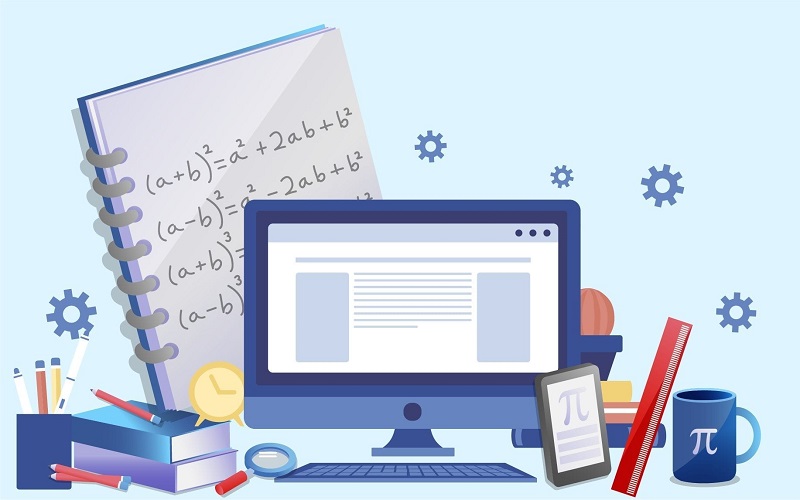
Created by - Math Centre
INTEGRATING COMPUTER AS CULCULATING TOOL IN TEACHING MATHEMATICS
Evolutionary Thinking on Mathematics Teaching By Conrad Wolfram: Teaching kids real math with computers 2010 We've got a real problem with math education right now. Basically, no one's very happy. Those learning it think it's disconnected, uninteresting and hard. Those trying to employ them think they don't know enough. Governments realize that it's a big deal for our economies, but don't know how to fix it. And teachers are also frustrated. Yet math is more important to the world than at any point in human history. So, at one end we've got falling interest in education in math, and at the other end we've got a more mathematical world, a more quantitative world than we ever have had.So, what's the problem, why has this chasm opened up, and what can we do to fix it? Well actually, I think the answer is staring us right in the face: Use computers. I believe that correctly using computers is the silver bullet for making math education work. So to explain that, let me first talk a bit about what math looks like in the real world and what it looks like in education. See, in the real world math isn't necessarily done by mathematicians. It's done by geologists, engineers, biologists, all sorts of different people -- modelling and simulation. It's actually very popular. But in education it looks very different -- dumbed-down problems, lots of calculating, mostly by hand. Lots of things that seem simple and not difficult like in the real world, except if you're learning it. And another thing about math: math sometimes looks like math -- like in this example here -- and sometimes it doesn't -- like "Am I drunk?" And then you get an answer that's quantitative in the modern world. You wouldn't have expected that a few years back. But now you can find out all about -- unfortunately, my weight is a little higher than that, but -- all about what happens.So, let's zoom out a bit and ask, why are we teaching people math? What's the point of teaching people math? And in particular, why are we teaching them math in general? Why is it such an important part of education as a sort of compulsory subject? Well, I think there are about three reasons: technical jobs so critical to the development of our economies, what I call "everyday living" -- to function in the world today, you've got to be pretty quantitative, much more so than a few years ago: figure out your mortgages, being skeptical of government statistics, those kinds of things -- and thirdly, what I would call something like logical mind training, logical thinking. Over the years we've put so much in society into being able to process and think logically. It's part of human society. It's very important to learn that math is a great way to do thatSo, let's ask another question. What is math? What do we mean when we say we're doing math, or educating people to do math? Well, I think it's about four steps, roughly speaking, starting with posing the right question. What is it that we want to ask? What is it we're trying to find out here? And this is the thing most screwed up in the outside world, beyond virtually any other part of doing math. People ask the wrong question, and surprisingly enough, they get the wrong answer, for that reason, if not for others. So the next thing is take that problem and turn it from a real world problem into a math problem. That's stage two. Once you've done that, then there's the computation step. Turn it from that into some answer in a mathematical form. And of course, math is very powerful at doing that. And then finally, turn it back to the real world. Did it answer the question? And also verify it -- crucial step. Now here's the crazy thing right now. In math education, we're spending about perhaps 80 percent of the time teaching people to do step three by hand. Yet, that's the one step computers can do better than any human after years of practice. Instead, we ought to be using computers to do step three and using the students to spend much more effort on learning how to do steps one, two and four -- conceptualizing problems, applying them, getting the teacher to run them through how to do that. See, crucial point here: math is not equal to calculating. Math is a much broader subject than calculating. Now it's understandable that this has all got intertwined over hundreds of years. There was only one way to do calculating and that was by hand. But in the last few decades that has totally changed. We've had the biggest transformation of any ancient subject that I could ever imagine with computers. Calculating was typically the limiting step, and now often it isn't. So I think in terms of the fact that math has been liberated from calculating. But that math liberation didn't get into education yet. See, I think of calculating, in a sense, as the machinery of math. It's the chore. It's the thing you'd like to avoid if you can, like to get a machine to do. It's a means to an end, not an end in itself, and automation allows us to have that machinery. Computers allow us to do that -- and this is not a small problem by any means. I estimated that, just today, across the world, we spent about 106 average world lifetimes teaching people how to calculate by hand. That's an amazing amount of human Endeavor. So, we better be damn sure -- and by the way, they didn't even have fun doing it, most of them -- so we better be damn sure that we know why we're doing that and it has a real purpose.I think we should be assuming computers for doing the calculating and only doing hand calculations where it really makes sense to teach people that. And I think there are some cases. For example: mental arithmetic. I still do a lot of that, mainly for estimating. People say, "Is such and such true?" And I'll say, "Hmm, not sure." I'll think about it roughly. It's still quicker to do that and more practical. So I think practicality is one case where it's worth teaching people by hand. And then there are certain conceptual things that can also benefit from hand calculating, but I think they're relatively small in number. One thing I often ask about is ancient Greek and how this relates. See, the thing we're doing right now is we're forcing people to learn mathematics. It's a major subject. I'm not for one minute suggesting that, if people are interested in hand calculating or in following their own interests in any subject however bizarre -- they should do that. That's absolutely the right thing, for people to follow their self-interest. I was somewhat interested in ancient Greek, but I don't think that we should force the entire population to learn a subject like ancient Greek. I don't think it's warranted. So I have this distinction between what we're making people do and the subject that's sort of mainstream and the subject that, in a sense, people might follow with their own interest and perhaps even be spiked into doing that.So, there's another thing that comes up with basics. People confuse, in my view, the order of the invention of the tools with the order in which they should use them for teaching. So just because paper was invented before computers, it doesn't necessarily mean you get more to the basics of the subject by using paper instead of a computer to teach mathematics. My daughter gave me a rather nice anecdote on this. She enjoys making what she calls "paper laptops." (Laughter) So I asked her one day, "You know, when I was your age, I didn't make these. Why do you think that was?" And after a second or two, carefully reflecting, she said, "No paper?" (Laughter) If you were born after computers and paper, it doesn't really matter which order you're taught with them in, you just want to have the best tool.So, another one that comes up is "Computers dumb math down." That somehow, if you use a computer, it's all mindless button-pushing, but if you do it by hand, it's all intellectual. This one kind of annoys me, I must say. Do we really believe that the math that most people are doing in school practically today is more than applying procedures to problems they don't really understand, for reasons they don't get? I don't think so. And what's worse, what they're learning there isn't even practically useful anymore. Might have been 50 years ago, but it isn't anymore. When they're out of education, they do it on a computer. Just to be clear, I think computers can really help with this problem, actually make it more conceptual. Now, of course, like any great tool, they can be used completely mindlessly, like turning everything into a multimedia show, like the example I was shown of solving an equation by hand, where the computer was the teacher -- show the student how to manipulate and solve it by hand. This is just nuts. Why are we using computers to show a student how to solve a problem by hand that the computer should be doing anyway? All backwards.Let me show you that you can also make problems harder to calculate. See, normally in school, you do things like solve quadratic equations. But you see, when you're using a computer, you can just substitute. You can make it a quartic equation. Make it kind of harder, calculating-wise. Same principles applied -- calculations, harder. And problems in the real world look nutty and horrible like this. They've got hair all over them. They're not just simple, dumbed-down things that we see in school math. And think of the outside world. Do we really believe that engineering and biology and all of these other things that have so benefited from computers and maths have somehow conceptually gotten reduced by using computers? I don't think so -- quite the opposite. So the problem we've really got in math education is not that computers might dumb it down, but that we have dumbed-down problems right now. Well, another issue people bring up is somehow that hand calculating procedures teach understanding. So if you go through lots of examples, you can get the answer, you can understand how the basics of the system work better. I think there is one thing that I think very valid here, which is that I think understanding procedures and processes is important. But there's a fantastic way to do that in the modern world. It's called programming.Programming is how most procedures and processes get written down these days, and it's also a great way to engage students much more and to check they really understand. If you really want to check you understand math then write a program to do it. So programming is the way I think we should be doing that. So to be clear, what I really am suggesting here is we have a unique opportunity to make maths both more practical and more conceptual, simultaneously. I can't think of any other subject where that's recently been possible. It's usually some kind of choice between the vocational and the intellectual. But I think we can do both at the same time here. And we open up so many more possibilities. You can do so many more problems. What I really think we gain from this is students getting intuition and experience in far greater quantities than they've ever got before. And experience of harder problems -- being able to play with the math, interact with it, feel it. We want people who can feel the math instinctively. That's what computers allow us to do.Another thing it allows us to do is reorder the curriculum. Traditionally it's been by how difficult it is to calculate, but now we can reorder it by how difficult it is to understand the concepts, however hard the calculating. So calculus has traditionally been taught very late. Why is this? Well, it's damn hard doing the calculations, that's the problem. But actually many of the concepts are amenable to a much younger age group. This was an example I built for my daughter. And very, very simple. We were talking about what happens when you increase the number of sides of a polygon to a very large number. And of course, it turns into a circle. And by the way, she was also very insistent on being able to change the color, an important feature for this demonstration. You can see that this is a very early step into limits and differential calculus and what happens when you take things to an extreme -- and very small sides and a very large number of sides. Very simple example. That's a view of the world that we don't usually give people for many, many years after this. And yet, that's a really important practical view of the world. So one of the roadblocks we have in moving this agenda forward is exams. In the end, if we test everyone by hand in exams, it's kind of hard to get the curricula changed to a point where they can use computers during the semesters.And one of the reasons it's so important -- so it's very important to get computers in exams. And then we can ask questions, real questions, questions like, what's the best life insurance policy to get? -- real questions that people have in their everyday lives. And you see, this isn't some dumbed-down model here. This is an actual model where we can be asked to optimize what happens. How many years of protection do I need? What does that do to the payments and to the interest rates and so forth? Now I'm not for one minute suggesting it's the only kind of question that should be asked in exams, but I think it's a very important type that right now just gets completely ignored and is critical for people's real understanding.So, I believe [there is] critical reform we have to do in computer-based math. We have got to make sure that we can move our economies forward, and also our societies, based on the idea that people can really feel mathematics. This isn't some optional extra. And the country that does this first will, in my view, leapfrog others in achieving a new economy even, an improved economy, an improved outlook. In fact, I even talk about us moving from what we often call now the "knowledge economy" to what we might call a "computational knowledge economy," where high-level math is integral to what everyone does in the way that knowledge currently is. We can engage so many more students with this, and they can have a better time doing it. And let's understand: this is not an incremental sort of change. We're trying to cross the chasm here between school math and the real-world math. And you know if you walk across a chasm, you end up making it worse than if you didn't start at all -- bigger disaster. No, what I'm suggesting is that we should leap off, we should increase our velocity so it's high, and we should leap off one side and go the other -- of course, having calculated our differential equation very carefully. So, I want to see a completely renewed, changed math curriculum built from the ground up, based on computers being there, computers that are now ubiquitous almost. Calculating machines are everywhere and will be completely everywhere in a small number of years. Now I'm not even sure if we should brand the subject as math, but what I am sure is it's the mainstream subject of the future. Let's go for it, and while we're about it, let's have a bit of fun, for us, for the students and for TED here.
More detailsPublished - Mon, 14 Aug 2023
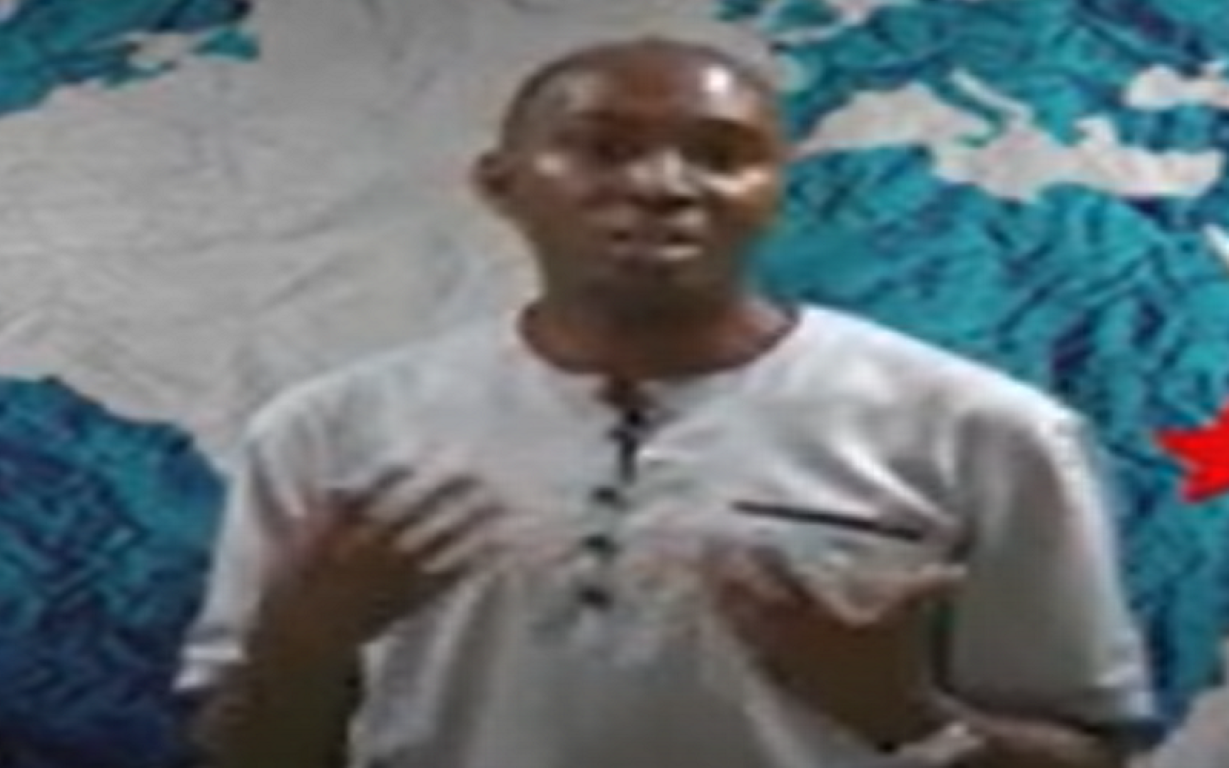
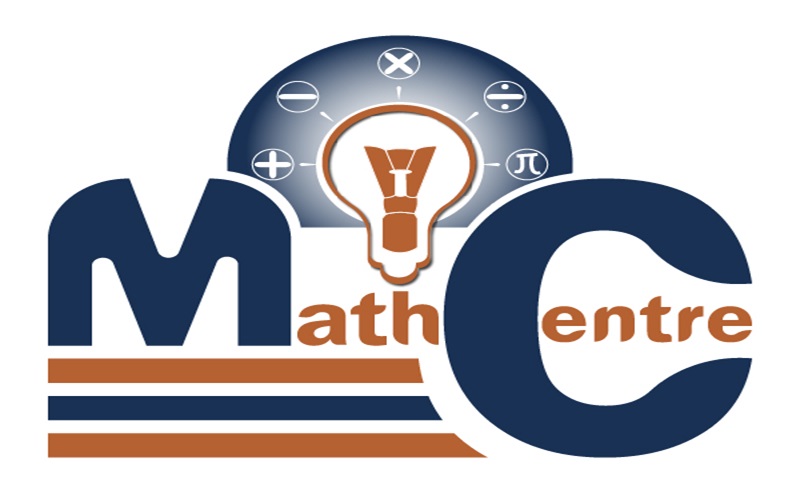
Created by - Math Centre
DISCUSSION ON INTERACTIVE TEACHING METHODS
Use your experience as mathematics teacher educators discuss the following. How the use of Interactive Methods improved your students performance in MathematicsProvide your comments below and respond to others comments
More detailsPublished - Sat, 11 May 2024
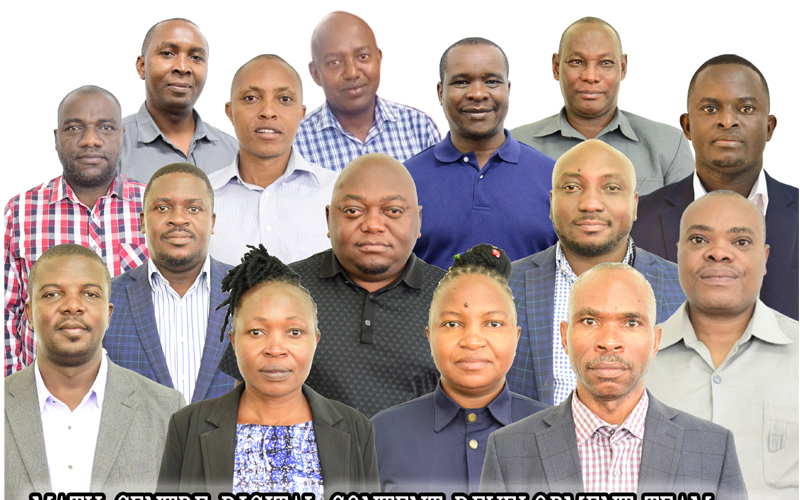
Created by - Math Centre
Empowering Mathematics Education: A Recap of the 10-Day Workshop at Kleruu Teachers College
In the digital age, mathematics is undergoing a profound transformation to meet the demands of modern education. A recent workshop at Kleruu Teachers College in Iringa aimed to equip math teacher educators with the skills and tools necessary to engage and interact with online content. Over the course of 10 days, Math Centre facilitators investigated various strategies for integrating technology into the teaching and learning of mathematics, fostering a dynamic and inclusive learning environment. Central to the workshop was the exploration of interactive teaching methods designed to enhance mathematics teacher educators’ engagement and understanding. Facilitators explored innovative approaches such as gamification, problem-based learning, and collaborative activities. By incorporating elements of interactivity into the lessons, mathematics teacher educators can cater to diverse learning styles to actively participate in their teaching and learning of mathematics. Through hands-on activities and group discussions, participants gained practical insights into how these methods can be effectively be implemented in both physical and virtual classrooms. In today's digital era, information and communication technologies (ICT) play a pivotal role in mathematics education. Recognizing the importance of ICT integration, the workshop emphasized the use of digital tools and platforms to enrich the teaching and learning of mathematics. From the use of blackboards to educational apps and online simulations, facilitators explored a myriad of resources aimed at enhancing mathematics teaching and learning. By connecting to the power of technology, teacher educators can create dynamic lesson plans, provide personalized learning experiences, and facilitate meaningful interactions among student teachers. Throughout the workshop, participants had the opportunity to apply their newfound knowledge and skills through hands-on activities and project-based learning. From designing interactive online tutorials to developing digital assessments, facilitators worked collaboratively to create engaging content tailored to the needs of mathematics teacher educators. By leveraging a variety of digital tools and platforms, mathematics teacher educators will gain confidence and ability to deliver effective and impactful mathematics instruction in both traditional and online settings. The 10-day workshop at Kleruu Teachers College served as a catalyst for empowering mathematics teacher educators to embrace the power of technology and interactive teaching methods in the classroom. By fostering collaboration, creativity, and innovation, the workshop laid the foundation for a more dynamic and inclusive approach to mathematics education. As educators continue to explore new possibilities and push the boundaries of traditional pedagogy, the future of mathematics education looks brighter than ever before.
More detailsPublished - Sat, 11 May 2024
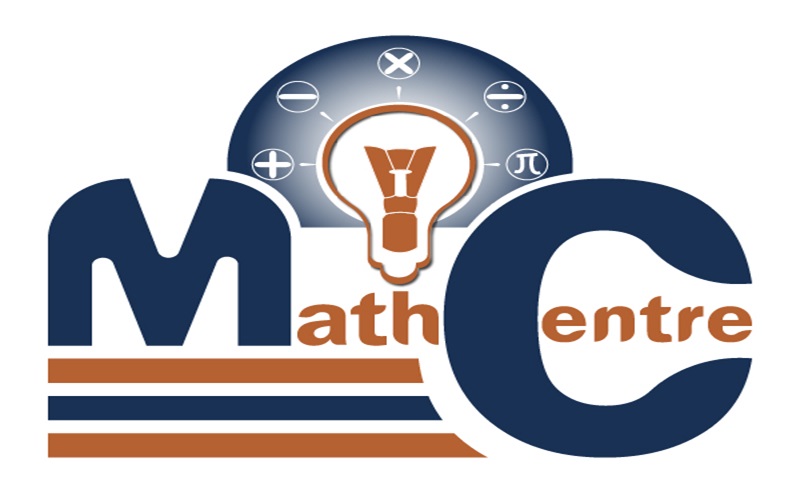
Created by - Math Centre
DISCUSSION ON THE CONCEPT OF LEARNING ACTIVITIES
THE CONCEPT OF LEARNING ACTIVITIESThe concept of learning activities refers to all the planned tasks, exercises, and experiences that students engage in to acquire knowledge, develop skills, and deepen their understanding. These activities are a core component of the teaching and learning process.Here's a closer look at the concept of learning activities:Purpose: Their primary function is to stimulate active participation and knowledge retention. Well-designed activities make learning more engaging and help students grasp information more effectively.Variety: Learning activities come in many forms, from reading textbooks and listening to lectures to participating in discussions, conducting experiments, and completing projects. The best activities cater to different learning styles and can be adapted to fit the specific learning goals.Importance: Effective learning activities are crucial for several reasons. They promote active participation, improve knowledge retention, cater to various learning styles, and can be used to assess student understanding. Discuss whether assessment of learning should only happen after a learning activity is completed or within.
More detailsPublished - Sun, 12 May 2024
Search
Popular categories
INTERACTIVE TEACHING METHODS
17COLLEGE BASED PD MODELS
3MORO MATH CENTRES
3ZANA ZA KUFUNDISHIA HESABU
1Latest blogs

MAJADALA WA MADA YA KUANDAA SHUGHULI ZA UFUNDISHAJI
Tue, 21 May 2024

MAJADILIANO KUHUSU MAADA YA MIFANO YA MBINU SHIRIKISHI
Sat, 18 May 2024

MAJADILIANO KUHUSU MAADA YA MIFANO YA MBINU SHIRIKISHI
Sat, 18 May 2024
Write a public review